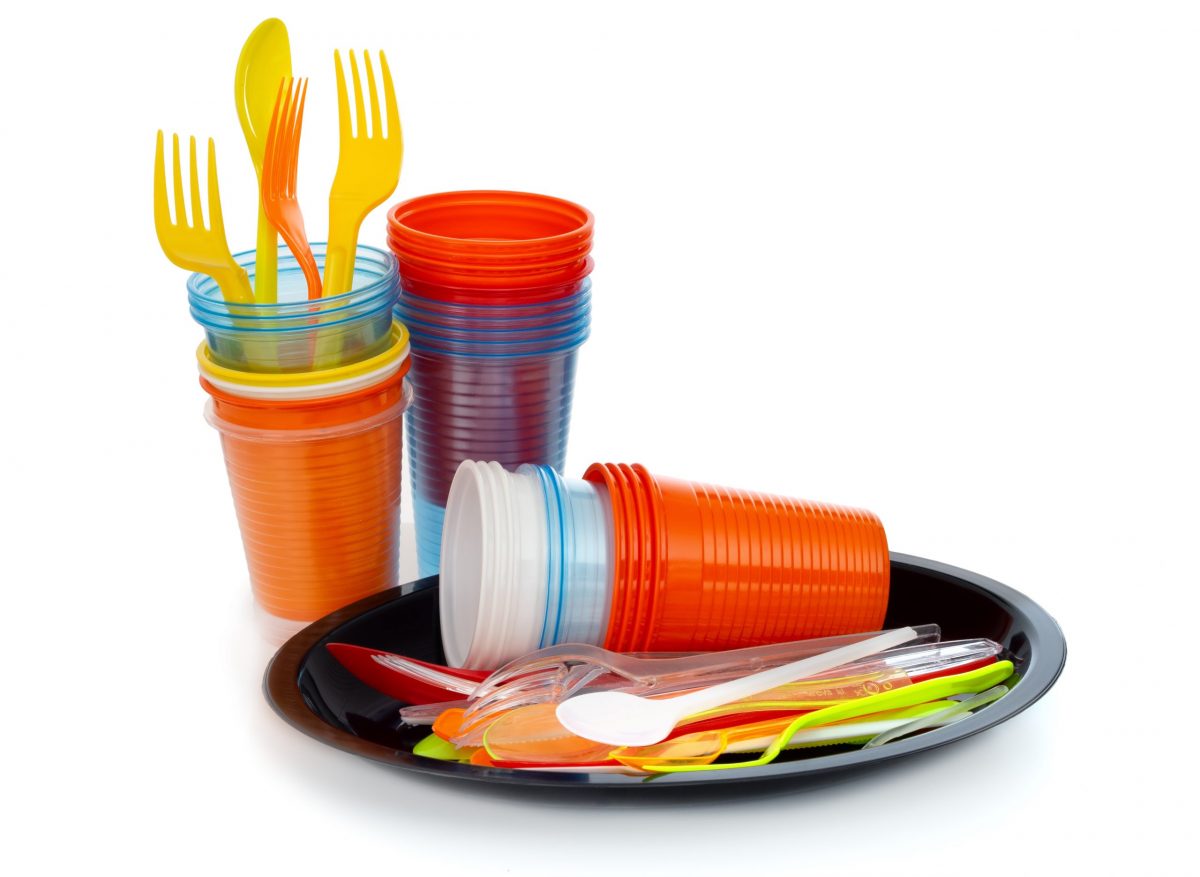Perturbed by the government’s Sunday directive on the effective implementation of the ban on single-use plastics (SUPs), the industry has sought an immediate deferment in the commissioning of this law at least for a year and a compensation package for those who will have to shut down their operations because of this regulation.
On the occasion of World Environment Day on June 5, the Centre issued directives to the state governments and the Urban Local Bodies (ULBs) to implement the regulation directing a ban on (SUPs). The directive issued by the Ministry of Housing and Urban Affairs (MHUA) on Sunday advised SUPs value chain to sign memorandums of understating (MoUs) with the nearby cement plants and other industrial units to ensure that a part of the plastic waste is used either as an alternative fuel in cement plants or for road construction purposes.
The directive also suggested the state governments and Union Territories (UTs) take up a range of activities and start campaigning immediately with a focus to eliminate SUPs from the system and make India free from them. Plastics manufacturers, however, apprised the government about the industry’s concerns assessed after banning SUPs. The implementation of this regulation will result in the closure of thousands of manufacturing units, distribution, and stockists’ shops, thereby rendering lacs of people jobless.
Industry seeks a workable solution
Deepak Ballani, Director General, All Indian Plastics Manufacturers Association (AIPMA), said, “With the products are banned, the manufacturers, distributors, and stockists will have to close down their units. Now, are they really prepared to close down their units? Obviously no. Even the government does not want these manufacturing units to shut down their factories. Then, the next step is to convince the government for phase-wise elimination of the banned 12 products and not altogether from 1st of July, as planned.”
The industry voiced concern about the ban. Out of these 12 products listed under the banned category, the government needs to ban those products first that have viable alternatives and the raw materials and machines available for manufacturing them. For example, if the government is banning a product with compostable being an alternative, then Indian manufacturers will have to import the entire raw materials from overseas. These raw materials are very expensive also.
Additionally, manufacturers will have to think about whether shifting to compostable items is viable or not. Shifting to compostable raw materials with all the borrowed money will not be possible.
“We understand that the ban is in the interest of the nation which we support. But, there is a need to take a logical step including phase-wise elimination based on the study. Let the ministry conduct a proper study on the viable alternatives and then these products can be banned one-by-one, maybe with a gap of six-eight months between two products,” said Ballani.
AIPMA has urged the government to provide financial assistance similar to the one extended to various industries during pandemics. For example, the manufacturing units that were affected badly during the pandemic were not categorized under the NPA, and also tax exemptions were granted to them for survival.
A senior industry official demanded from the government to come out with a package to provide financial support to these SUP manufacturers. The government, therefore, can do many things for the SUP value chain players.
“We have been at the various task force by the government. Even last week also we met with the concerned government official where we outlined these concerns and submitted recommendations on behalf of the industry,” said the official.
Waste management rule
After phasing out ultra-thin single-use plastics from October 1, 2021, the government of India enforced the Plastic Waste Management Rules 2021 (PWMA) under which the manufacture, import, stocking, distribution, sale, and use of several items categorized as single-use plastics products have been banned.
Proposed to be implemented from July 1, 2022, the list of banned products includes earbuds with plastic sticks, plastic sticks for balloons, plastic flags, candy sticks, ice cream sticks, and polystyrene (thermocol) for decoration. Additionally, plates, cups, glasses, cutlery, such as forks, spoons, knives, straws, trays, wrapping or packing films around sweet boxes, invitation cards, and cigarette packets, plastic or PVC (polyvinyl chloride) banners less than 100 micros and stirrers have also been banned.
Further, the government also mandated Extended Producers’ Responsibility (EPR) guidelines to make large corporate and retail chain formats responsible to adhere to plastics scrap collection guidelines and use at least 25 percent of the recycled products as packaging materials.
NGOs seek to check on the plastic waste import
At least two non-governmental organizations (NGOs) – Toxics Links and Basel Action Network – have warned the government about some shipments of suspected banned hazardous plastic waste on the way to be dumped into India from the United States. These NGOs urged the government authorities not to clear consignments without a thorough checking of inward ships from the United States.
These NGOs that track the movement of hazardous waste globally, have written letters to the Ministry of Environment, Forest & Climate Change, the Department of Customs, and other regulatory authorities in the last few days, reports said.
According to a government official, the concerned authorities have taken up the matter to the designated ports where vessels allegedly containing hazardous waste material are expected to dock. The existing policy allows the import of only two plastic compounds viz polythene and polymethyl methacrylate only in special economic zones (SEZ). The official clarified that no special permission has been granted to any importer to import plastic waste in the domestic tariff area (DTA).
Packaging 360 is a comprehensive knowledge sharing ecosystem for the Indian packaging industry. Our services include an online content platform to deliver news, insights and case studies; organising conferences seminars and customised training; Providing Bespoke Project Consulting, Market Research and Intelligence.







